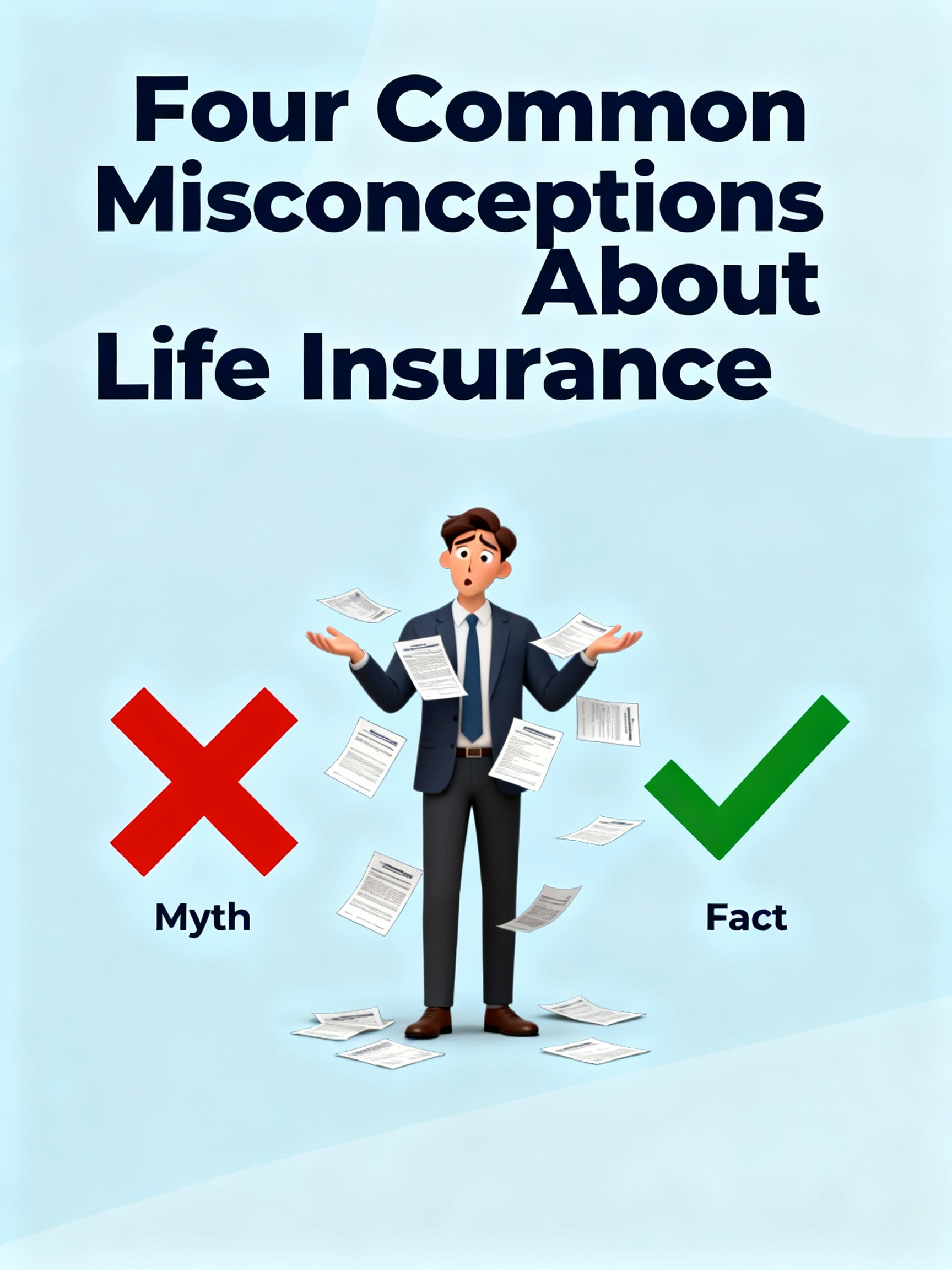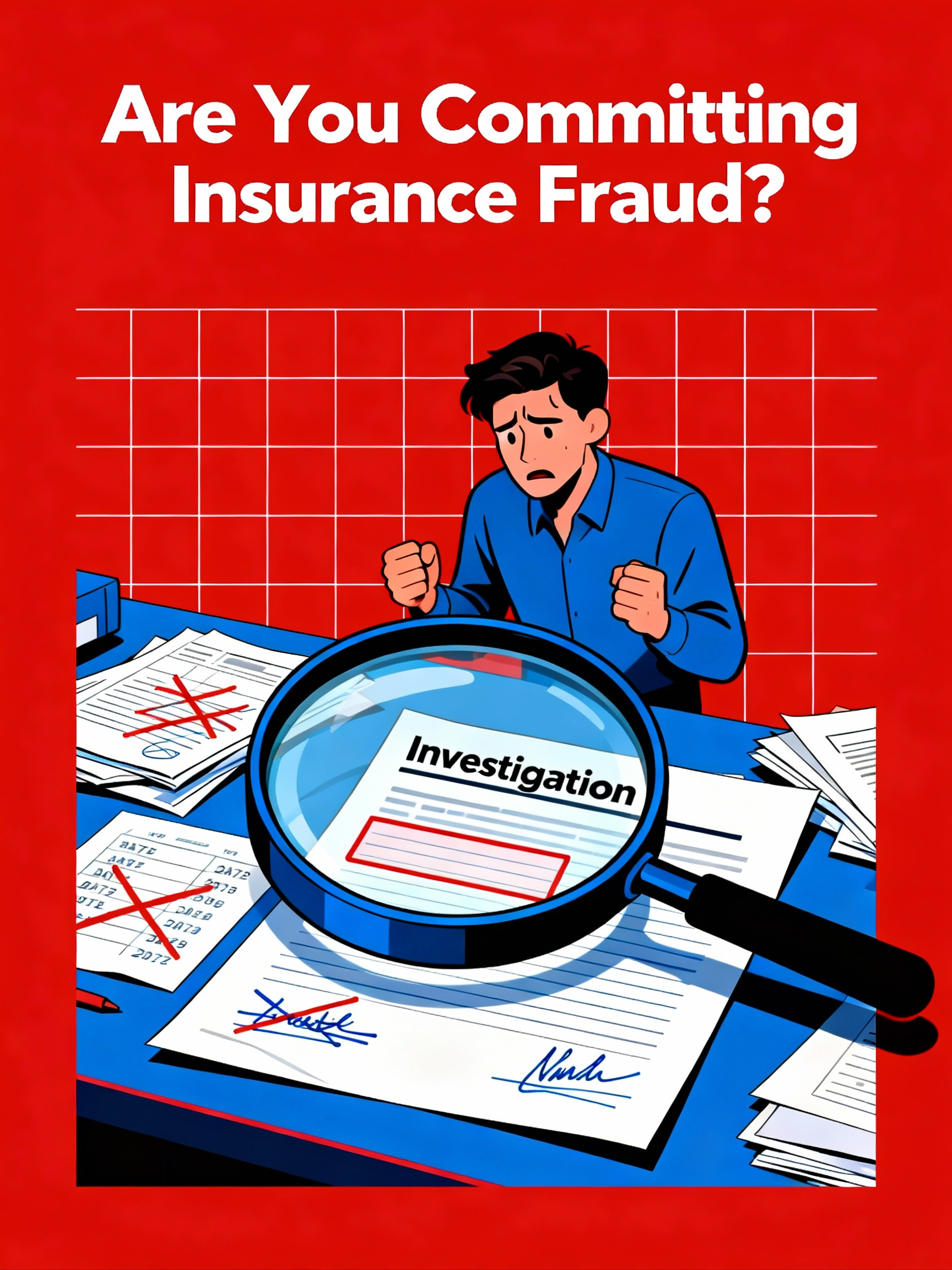Car Sharing Insurance and AB 2743 in California
Published Date: 08/01/2024
California is home to innovation — from the tech hubs of Silicon Valley to the rideshare revolutions of Uber and Lyft. Now, a new frontier is reshaping the way people think about car ownership and transportation: peer-to-peer car sharing.
Through apps like Turo and Getaround, everyday drivers can rent out their personal vehicles to others, turning idle cars into income-generating assets. It’s a modern twist on the sharing economy — flexible, community-driven, and efficient.
But like any new model, it comes with complex insurance questions. Who’s liable if something goes wrong? What kind of coverage is required? And how do laws written long before this technology existed keep up?
These are exactly the questions addressed in Assembly Bill 2743 (AB 2743), introduced by Assemblymember Blanca Pacheco (D–Downey). In a recent interview on Insurance Hour with host Karl Susman, Pacheco unpacked what car sharing insurance really means, why her bill matters, and how it protects both innovation and consumers.
The Basics: What Is Car Sharing Insurance?
Pacheco began by breaking down the core concept in plain terms:
“Traditionally, we all have insurance for our own vehicles,” she said. “Now, with apps like Turo, I can rent out my vehicle to someone else. But when I do that, I need an additional insurance policy through the app.”
In California, peer-to-peer car sharing is distinct from ride-sharing. With ride-sharing services such as Uber or Lyft, you’re paying for a driver to transport you. With car sharing, the renter becomes the driver. The platform facilitates the transaction and provides insurance coverage while the car is being rented.
This creates a system with three layers of potential coverage:
- The vehicle owner’s personal auto insurance, which covers their regular use.
- The driver’s own insurance, if they have a policy.
- The platform’s policy, which applies during the rental period through the app.
“It’s mandatory to get insurance through the app,” Pacheco noted. “That coverage is already three times higher than a standard personal auto policy.”
This layered approach is designed to ensure that the owner, the renter, and the public are all protected if an accident occurs.
The Problem: An Unintended Insurance Increase in 2025
While the current structure is already robust, an upcoming change in California law threatens to destabilize it.
“Right now, the limits are three times that of a personal vehicle,” Pacheco explained. “But what’s going to happen in 2025 is that those limits are set to increase even further — and that could cause this type of business to leave California.”
The change stems from Senate Bill 1107 (SB 1107), authored by Senator Bill Dodd. The bill was intended to protect motorists by raising minimum liability insurance levels across the board. However, it unintentionally swept peer-to-peer car-sharing programs into its scope.
“It was an unintended consequence,” Pacheco said. “Senator Dodd himself has said this wasn’t his intention — and he’s already voted for my bill to fix it.”
Without a correction, platforms like Turo could face liability requirements far beyond what is reasonable or sustainable, potentially leading to higher costs or even causing them to pull back from the California market.
AB 2743: Protecting the Future of Car Sharing in California
Pacheco’s bill, AB 2743, is designed as a targeted fix to maintain stability while preventing runaway insurance costs.
“This bill will keep financial responsibility at three times that of a personal vehicle,” she explained. “It prevents the automatic increase scheduled for 2025.”
In practice, AB 2743 does not lower existing coverage levels. Instead, it preserves the current standards that are already substantially higher than personal auto requirements. That stability is critical for maintaining a market where both consumers and small business owners can participate safely and affordably.
“If the law changes as planned,” Pacheco warned, “the costs would rise so dramatically that these platforms might not survive in California.”
What “Financial Responsibility” Really Means
The phrase “financial responsibility” may sound like bureaucratic jargon, but in the context of insurance it has a specific meaning: the minimum amount of liability coverage that must be carried to legally operate a vehicle or a related business.
In California, every driver must maintain liability coverage to pay for damages they may cause to others. For businesses and programs like Turo, that minimum is multiplied.
“Financial responsibility for car-sharing platforms is three times what’s required for a personal vehicle,” Pacheco said. “That’s already substantial. Raising it again would be unnecessary and unfair.”
AB 2743 ensures that these requirements remain high but predictable, so platforms can operate sustainably without passing excessive costs onto users.
The Layers of Protection: How Coverage Works in Practice
To help listeners understand how these policies interact in real life, Susman walked through a typical scenario.
“So, there’s insurance for the car owner,” he said. “That’s primary. Then there’s insurance for the driver, if they have their own policy. And then there’s the platform’s coverage. People can even buy higher limits if they want — is that right?”
“Correct,” Pacheco replied. “And it’s mandatory to get insurance through the app. If you’re using Turo, that policy is three times higher than a regular car policy. And yes, users can buy up from there for more protection.”
Susman, speaking as an insurance professional, joked that his mind immediately goes to risk exposure.
“All I’m thinking about is what’s the maximum exposure?” he laughed. “How much insurance can you possibly get?”
While Pacheco didn’t specify Turo’s maximum limits, the point was clear: there is flexibility for users who want more protection, within a system that already requires strong safeguards.
How AB 2743 Moves Through the Legislature
For listeners curious about how a bill like AB 2743 becomes law, Pacheco walked through the process in straightforward terms.
“You start out with an idea,” she explained. “Maybe it’s something you notice in your community, or maybe a constituent or organization — like Turo in this case — brings it to you. Then you work with Legislative Counsel to draft the bill language.”
Once drafted, the bill is introduced in the Assembly and assigned to committees such as Insurance or Judiciary, where it is publicly heard and debated.
“If the bill is ‘keyed fiscal,’ meaning it affects the state budget, it goes through Appropriations,” Pacheco said. “Then it moves to the Assembly floor for a vote by all 80 members.”
If it passes the Assembly, the bill crosses to the Senate, where it goes through another round of committees — in this case, Judiciary and Insurance.
“It’s made it through both of those already,” Pacheco said. “Now it’s sitting in Senate Appropriations.”
From there, the next step is a Senate floor vote. If it passes, the bill goes to the Governor’s desk.
“He can sign it into law or veto it,” she said. “Fingers crossed for a signature.”
A Bipartisan Fix for an Unintended Problem
In an often polarized political climate, AB 2743 stands out as an example of bipartisan, solutions-focused policymaking.
“Senator Dodd has already voted for my bill in committee,” Pacheco noted. “He recognized that this was an unintended consequence of his own legislation, and he’s been supportive of correcting it.”
This kind of cooperation — lawmakers working together to fix an issue before it becomes a full-blown crisis — is both rare and encouraging.
“It’s nice to see lawmakers fixing issues before they become crises,” Susman remarked.
Why AB 2743 Matters to Everyday Californians
It’s easy to see insurance bills as niche or technical, but AB 2743 has very real implications.
If the 2025 increases go into effect without this correction, car-sharing platforms may scale back or exit California, removing an affordable, flexible transportation option for many residents — especially those who cannot afford to own a vehicle full-time.
“We’re trying to prevent that outcome,” Pacheco said. “We want these businesses to stay here in California.”
The ripple effects would also reach the thousands of car owners who rely on renting out their vehicles as a supplemental income stream.
“This is about protecting small business owners, consumers, and the state’s innovation economy,” she said.
Building Support and Maintaining Balance
When asked what kind of feedback she was getting from colleagues, Pacheco described broad understanding of the bill’s purpose.
“Most people understand that this is a fix — not a rollback,” she said. “We’re not trying to weaken safety standards. We’re just maintaining balance.”
By framing AB 2743 around fairness, practicality, and unintended consequences, Pacheco has built support across party lines and from industry groups that value both regulation and innovation.
Regulation in the Age of Innovation
Susman pointed out that AB 2743 is part of a larger pattern: laws are often playing catch-up with technology.
“Every time we have a new model — Uber, Airbnb, car sharing — the law is always playing catch-up,” he said.
Pacheco agreed, emphasizing that effective policy does not fight change; it manages it.
“We have to make sure our laws reflect how people actually live today,” she said. “That’s what AB 2743 is about — modernizing the system so it works for everyone.”
What’s Next for AB 2743
At the time of the interview, AB 2743 had already passed key committee hearings in both chambers and was awaiting review in Senate Appropriations. From there, it would move to the Senate floor, and if approved, to the Governor’s desk.
“We’re almost there,” Pacheco said. “And I’m hopeful it will be signed into law.”
With bipartisan support, backing from industry, and increased consumer awareness, the bill appears well positioned — but its final fate still rests with the legislative process and the Governor’s decision.
Final Thoughts: Balancing Innovation and Protection
The conversation closed with a reflection on why this issue matters beyond the specifics of car sharing.
“We have to protect innovation without making it impossible to do business here,” Pacheco said. “It’s about balance — between safety, responsibility, and opportunity.”
Susman agreed, calling AB 2743 an example of the kind of common-sense policymaking Californians want to see more of.
“You’re fixing a problem before it becomes a bigger one,” he said. “That’s what leadership looks like.”
Key Takeaways
- Car-sharing insurance creates layered protection for owners, renters, and platforms, ensuring all parties are covered.
- AB 2743 prevents an unintended 2025 increase in insurance limits that could destabilize California’s car-sharing market.
- The bill maintains existing safety standards while promoting affordability, innovation, and small business opportunity.
- Bipartisan cooperation between Assemblymember Pacheco and Senator Dodd highlights practical, solutions-oriented governance.
- The legislation helps ensure California remains a hub for technological progress and strong consumer protection in the sharing economy.
Author






